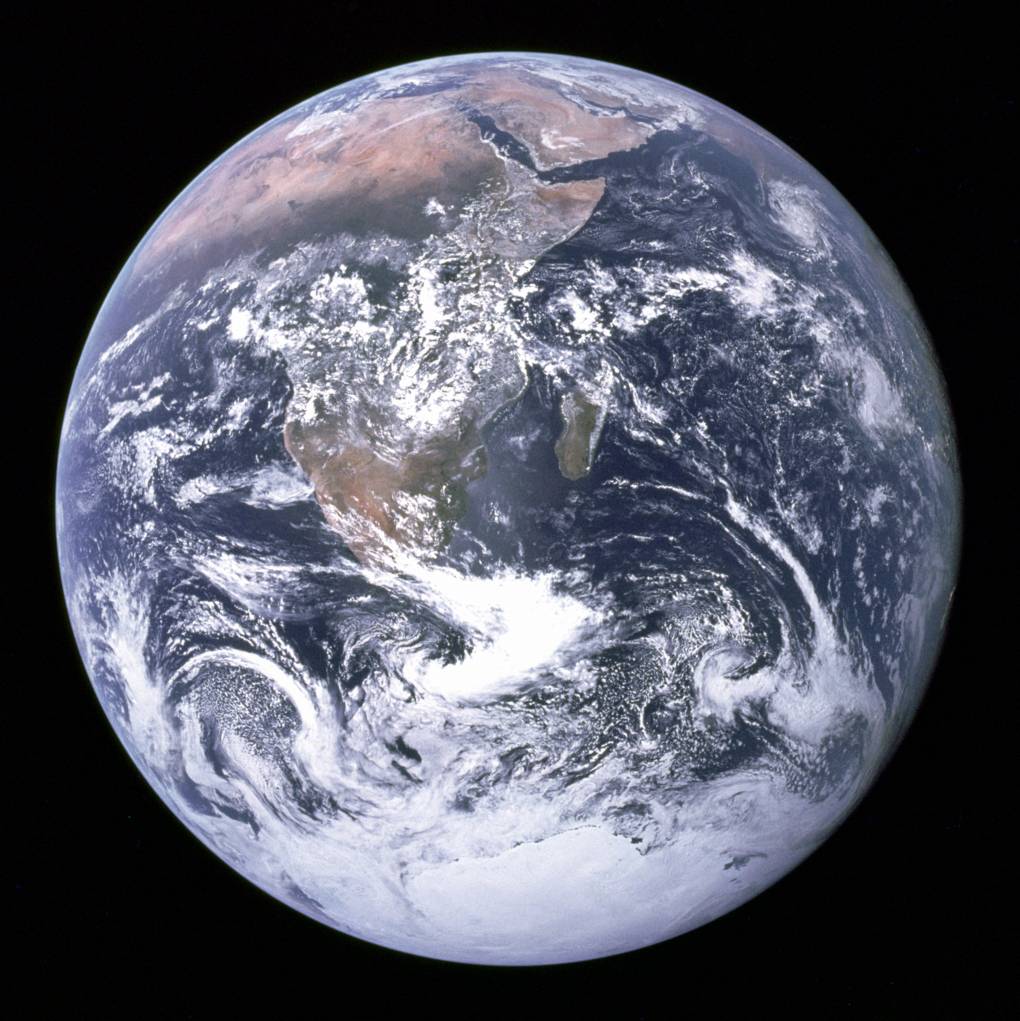
California’s Environmental Protection Agency is carrying an extra burden these days.
In late March, its federal counterpart said that it would essentially stop enforcing environmental regulations for the time being. Couched as a “temporary enforcement discretion policy,” the move was announced as a relief measure for businesses working under contraints forced by the coronavirus pandemic. EPA did not establish a timeline for the stand-down but said in its announcement that it would “assess the continued need for and scope of this temporary policy on a regular basis.”
Reaction among enviromentalists and some former EPA officials was stunned disbelief, with former EPA administrator Gina McCarthy calling it an “open license to pollute.”
On this 50th Earth Day, KQED’s Craig Miller spoke with CalEPA chief Jared Blumenfeld about the EPA’s move and about the relevance of Earth Day, which is 50 years old today. The following has been edited for length and clarity.
Looking back over the last 50 years, what impact do you think Earth Day has had?
I do think that it has had a major impact on policy. Back in 1970, we didn’t have the Clean Air Act, we didn’t have the Clean Water Act, we didn’t have any federal legislation, really, relating to the environment. And people went out on the streets, made their voices heard. And I think it became for the first time a political issue. And it continues to be. At the time it was really bipartisan. So Republican President Nixon signed into law the creation of the Environmental Protection Agency, all these landmark laws that protect water and land. And it really was a factor. Politically, people were worried if they didn’t take action on the environment, they’d be booted out of office.
And since 1970, I think Earth Day continues to galvanize people and build on that belief that we’re all in this together, and especially now during COVID-19, I mean, we really are all in this together. And what we can do individually, collectively as school kids or corporations or government, we all have a part to play. I think Earth Day reminds us of that fact.
On balance, would you say we’re better or worse off in terms of environmental progress?
On the political front. I think we are going, unfortunately, backwards. It’s become a very bipartisan issue at a time where we all realize we’re in this together, and yet it’s been divisive. It’s been used as a wedge issue. So if I had one hope for Earth Day it’s that we really bring people back together.
